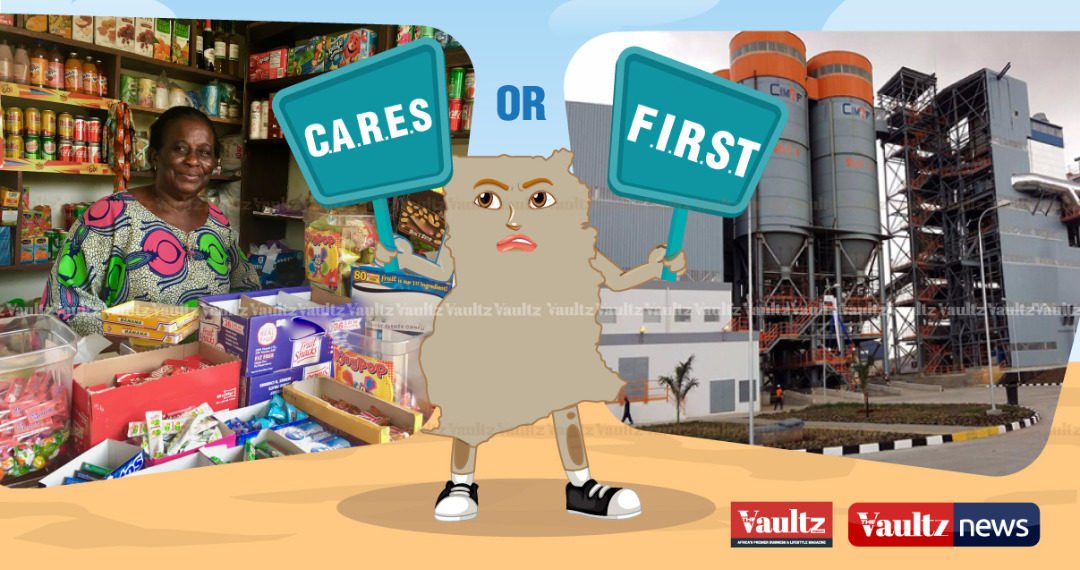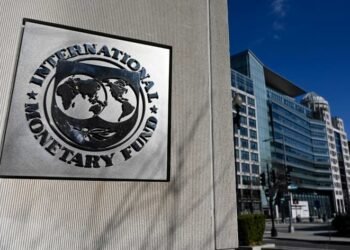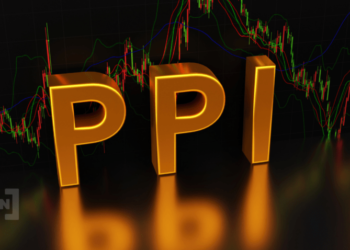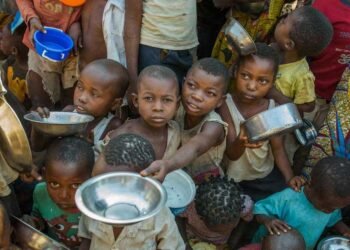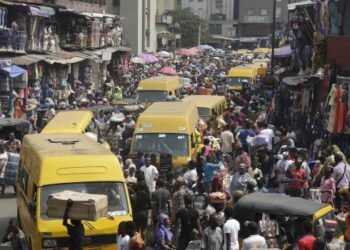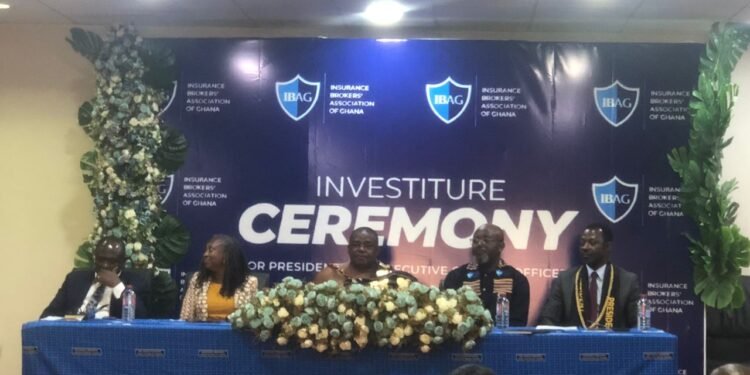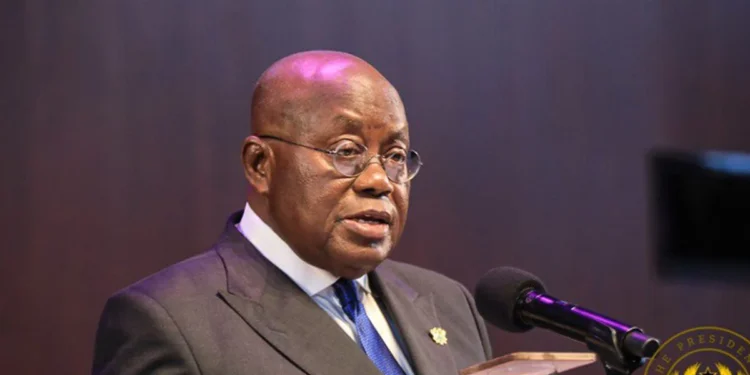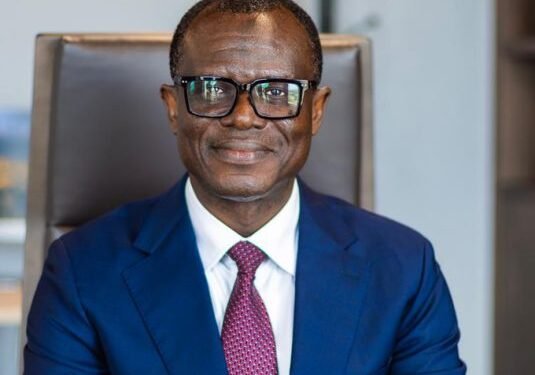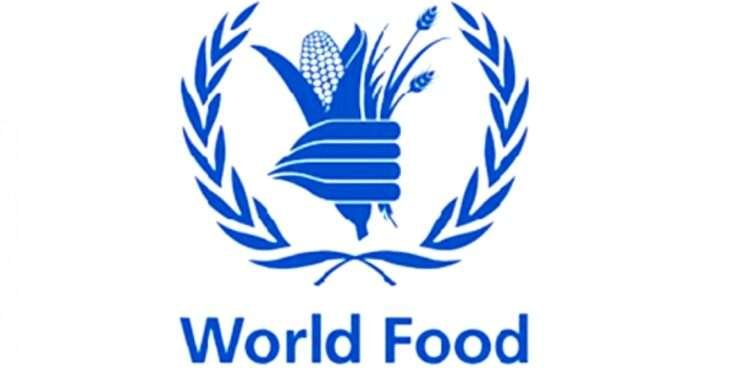The outbreak of the Corona-virus has had severe strain on the various dimensions of life across the globe. Current predictions by the International Monetary Fund (IMF) in June, indicated that the global economy will contract by 4.9 percent this year. From the first confirmed case of COVID-19 on 12th March, 2020, Ghana has recorded 45, 434 cases, with 44, 342 recoveries and 286 deaths as at 14th September, 2020.
COVID-19, being a demand and supply shock, has disrupted the global supply chain, reduction in demand, low productivity, high recurrent expenditure, and low revenue turnover which have combined to impact the operations within the various sub-sectors of the economy.
The Finance Minister,Ken Offori-Atta stated that “the combined effect of these developments is that, Ghana’s overall economic growth and revenue are expected to fall sharply while expenditures are expected to rise. The economic shock of the pandemic has manifested through external trade disruptions (particularly with China), decline in commodity prices (particularly oil whose prices have fallen by more than half, and tightening of global financial markets.
“Consequently, the projected real GDP growth for 2020 has been revised considerably downwards from 6.8 percent to 0.9 percent”.
The measures that have been taken by the government to reduce the spread of the virus such as lockdown, social distancing, stay at home orders and closure of schools have had severe consequences on the citizens and the business environment.
The coronavirus has already claimed several lives with several others losing their sources of livelihoods. Numerous businesses have folded up, and some, even though still in existence, are better off dead. This calls for government interventions in the form of stimulus packages, tax reduction and exemptions for businesses.
To this end, countless policies and programs have been initiated by the various political parties in general and the NPP and the NDC in particular. Even though these are policies that are aimed at revitalizing the economy, they may have some influence on the choices people make during this year’s elections.
Prominent among these policies are the Ghana COVID-19 Alleviation and Revitalization of Enterprises Support (CARES) program initiated by the NPP and the Ghana Framework for Industrial Revitalization, Support and Transformation (Ghana FIRST) program by the NDC.
The CARES program was announced to Ghanaians during the 2020 mid-year budget statement presented by the finance minister, Ken Ofori-Atta to parliament on Thursday, 23rd July, 2020.
The aim of this program is to mitigate the impact of the pandemic on the lives and livelihoods of Ghanaians, and to ensure that we quickly emerge from the pandemic with a stronger and more resilient economy.
“Mr. Speaker, we estimate that it will require around GH¢100 billion of spending and investment inflows to fully fund the initiatives under the CARES Programme from 2021 to 2023. Given the severe fiscal strains that we expect Government to be under, we are targeting the bulk of the required funds—at least GH¢70 billion –to come from the private sector, both domestic and external”, said Ken Ofori-Atta.
On the other hand, Ghana FIRST’ was captured in the NDC’s 2020 manifesto launch in Accra on 7th September 2020.
The ‘Ghana FIRST’, the NDC said, will help boost the real sector of the economy. The NDC stated that “despite its limitless potential, the real sector under the NPP Government has not received any significant boost to deliver robust employment opportunities for Ghanaians apart from sloganeering”.
The ‘Ghana FIRST’, according to the NDC, “identifies sixteen strategic growth areas in the real sector based on their potential to grow rapidly, create jobs, contribute to exports and expand Government revenue while contributing to building a resilient economy”.
The NDC do indicate that they will commit $10 billion to building robust infrastructure for economic transformation when elected into office come December7, 2020. According to them, this forms part of a broad program tagged the ‘Big Push ‘for infrastructural development and economic transformation.
These are very useful policies that if well implemented will be of immense benefits to the people of Ghana. However, there are hard questions that need to be answered. Concerning the CARES program, it will be fair for one to seek answers to the following; How will you raise money from the same person you intend to revitalize? The external sector has also been hit hard by the pandemic, so will investors find Ghana attractive enough to commit their funds to even if they want to do some investment?
For the ‘Ghana FIRST’, the question is, how do they [NDC] intend to raise the $10 billion? The NDC, though have decided to add some social programs to their numerous campaign policies, still seem to focus on their infrastructural development agenda.
Whichever way one may look at it, it is certain that the only option left is to borrow. As at June 2020, the public debt stock stood at 67 percent of GDP and is projected to end the year at 78.8 percent based on the rebased GDP, according to the NDC. Whilst we weigh the options, let us not forget that both parties are on the verge of plugging this nation into huge debts. Interest servicing on debt is projected to end the year at GH¢ 38.5 billion and at 73.5 percent as a share of domestic revenue.
Investment in infrastructure are capital in nature whose benefits take much longer to be realized. However, as a nation, we need infrastructure to drive growth. On the other hand, we need to assist the less privileged in society as well as revitalize the businesses that provide employment for our teeming graduates. Both policies look very attractive, but which of them will yield the highest benefits to the people of Ghana at a lower cost? The electorate will have to make a choice between ‘Ghana FIRST’ and ‘Ghana CARES’ programs come December 7.
Political parties will have to stick to their campaign promises irrespective of which party eventually wins the 2020 elections.

